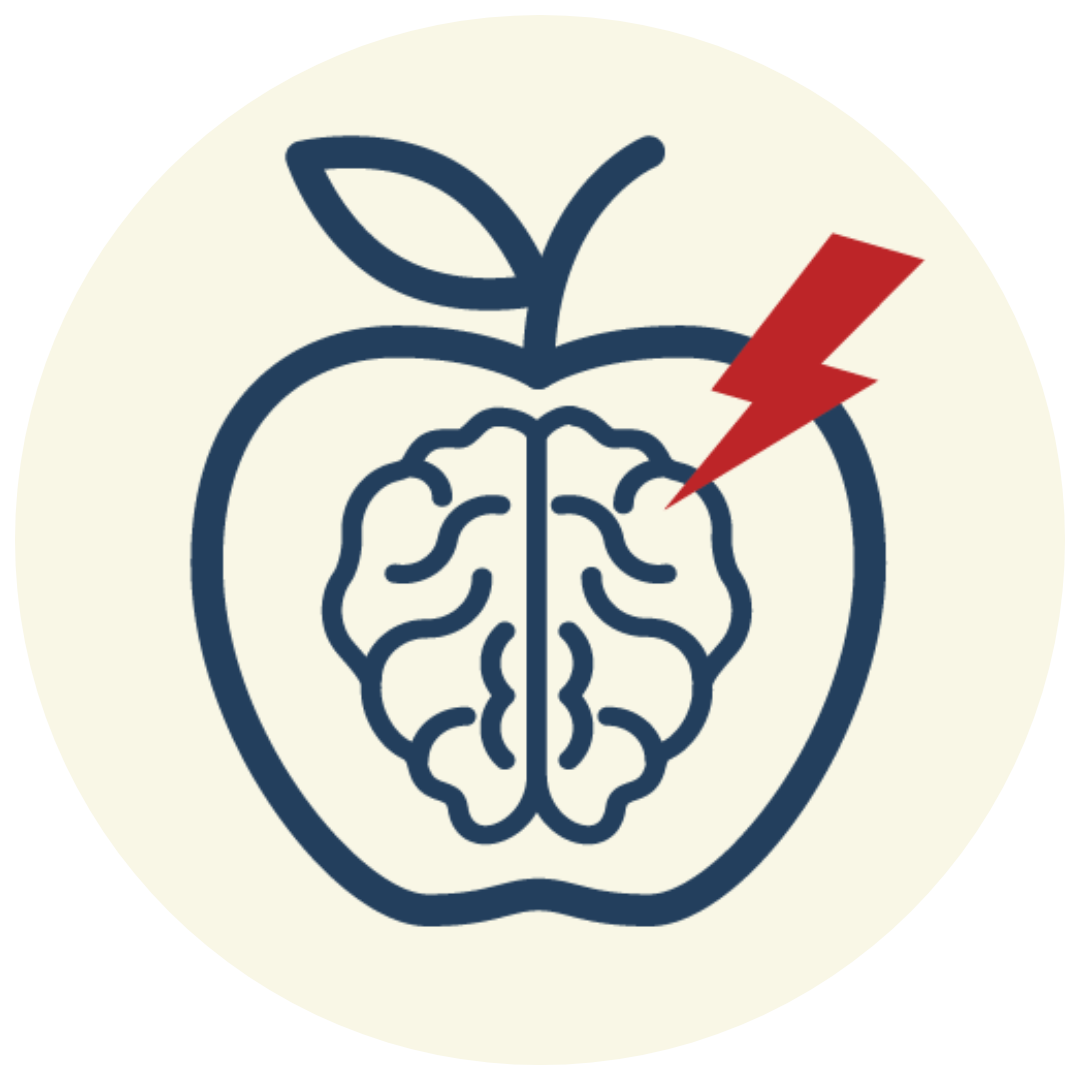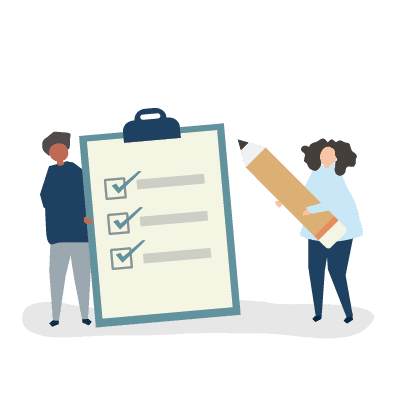
Migraine 101 for Parents
Living Well with Migraine Guide
The Danielle Byron Henry Migraine Foundation was honored to work with the U.S. Pain Foundation on Living Well with Migraine, a comprehensive booklet designed to help individuals navigate life with migraine disorder. This free resource offers practical strategies for managing symptoms, building a support network, and advocating for better care.
All the basics to keep you and your child informed and prepared the next time migraine strikes.
CHAMP Language and Image Guide
Here, you can find a collaborative effort of the headache, migraine, and cluster patient advocacy community.
7 Tips to Help Children with Migraine Have a Successful School Year
Three doctors weigh in on the back-to-school topics many parents have on their minds and share their top tips for helping children with migraine have a successful school year.
Headache Diary: Keeping a Diary Can Help Your Doctor Help You
Keeping detailed records of headache episodes can help provide additional insight about triggers and how to avoid them.
Children & Migraine | How Migraine Manifests Early in Development
Symptoms of Migraine are often different in children and infancy. Find out more about how to spot the disease here.
Pediatric Headache
Dr. Lauren Doyle Strauss of Brenner Children’s Hospital in North Carolina and the Wake Forest School of Medicine recently spoke with us about how parents can help identify, explain and manage their child’s pediatric migraine.
How to Treat Children with Migraine
Don’t underestimate the relief that you, the parent, can provide your child by offering reassurance and understanding.
Your Child and Migraine
Despite the numbers, many children are not getting the help they need, either because of lack of diagnosis or improper treatment.
Migraine Patient Toolkit: A Guide to Your Care
This patient-centered resource provides easy-to-understand information about migraine diagnosis and treatment, as well as tips on interacting with health care providers and health insurance companies to achieve the best possible outcomes.
Sleep Tips for Teens with Migraine - Facebook Live Recap
A full schedule can make that much harder than it seems. Dr. Emily Law shared her top five tips for helping your teen get a good night’s sleep.
Migraine Trainer
Migraine Trainer is an app developed by the National Institute of Neurological Disorders and Stroke (NINDS) to help users ages 13+ understand possible causes of their migraines, and take a greater role in their treatment by creating an individual migraine management plan with their parents and medical team.













